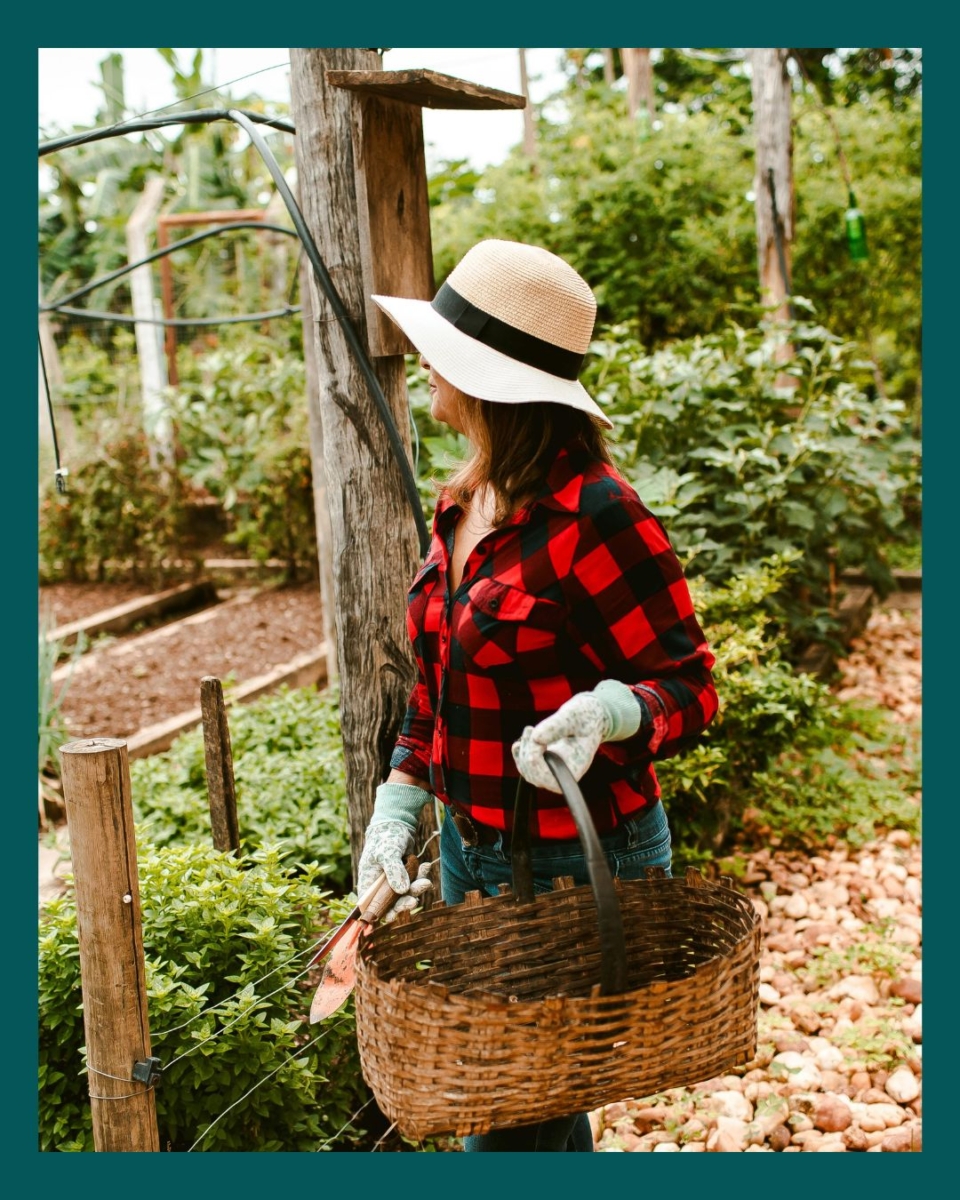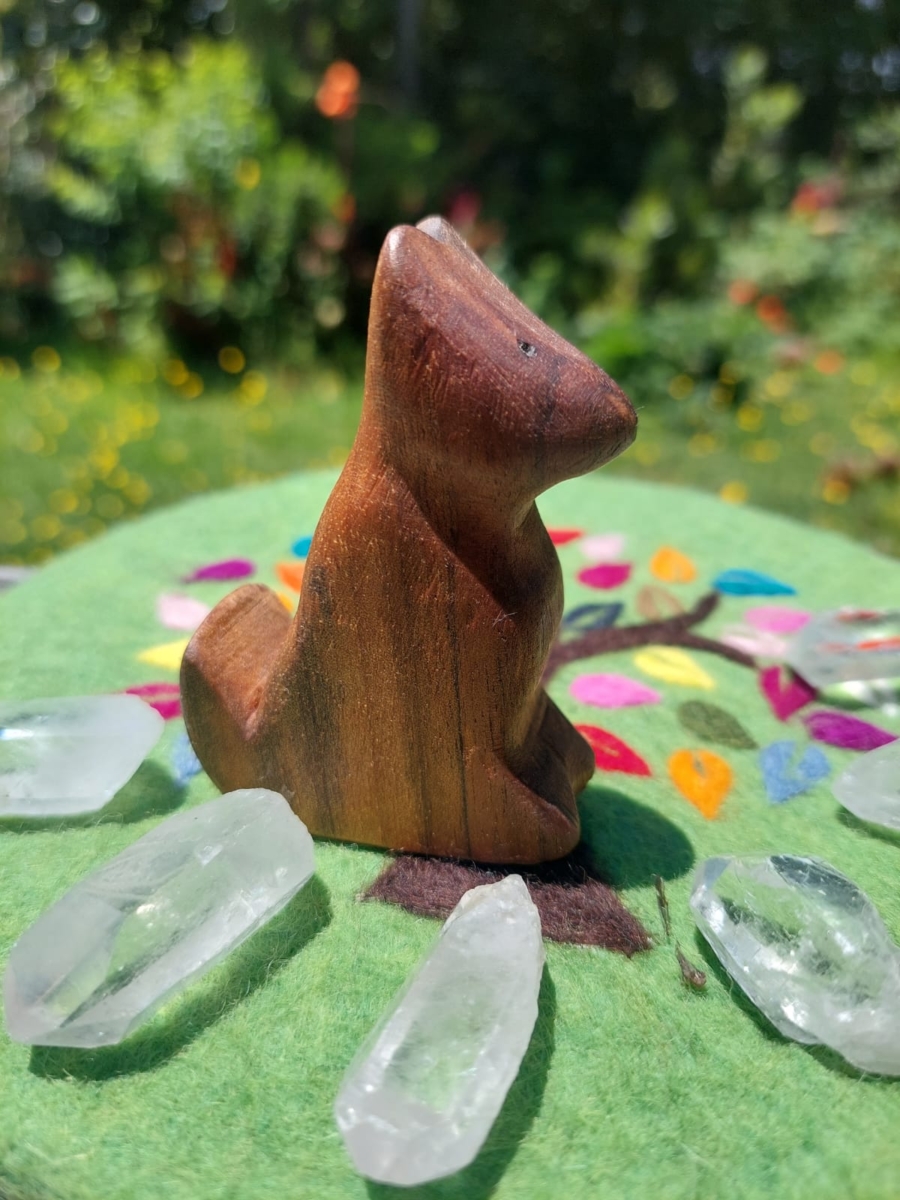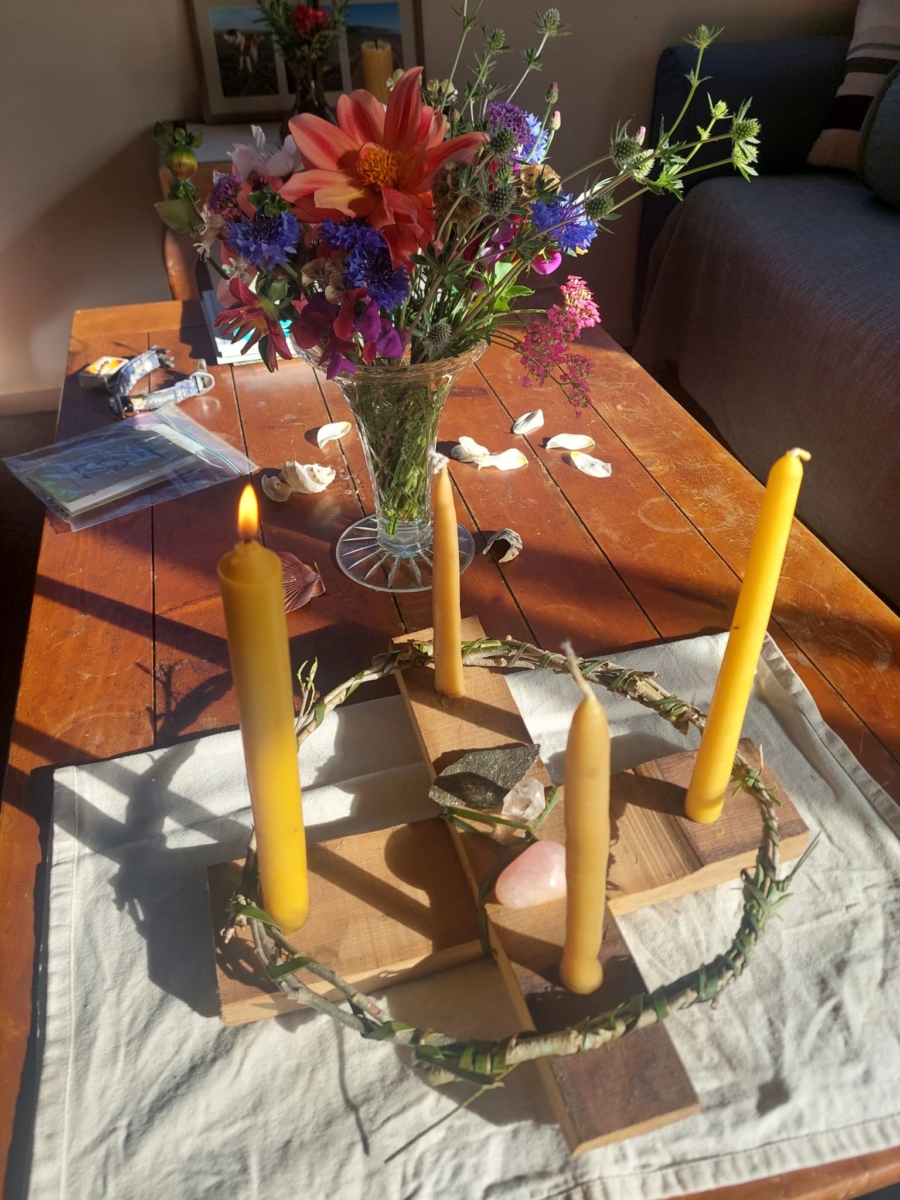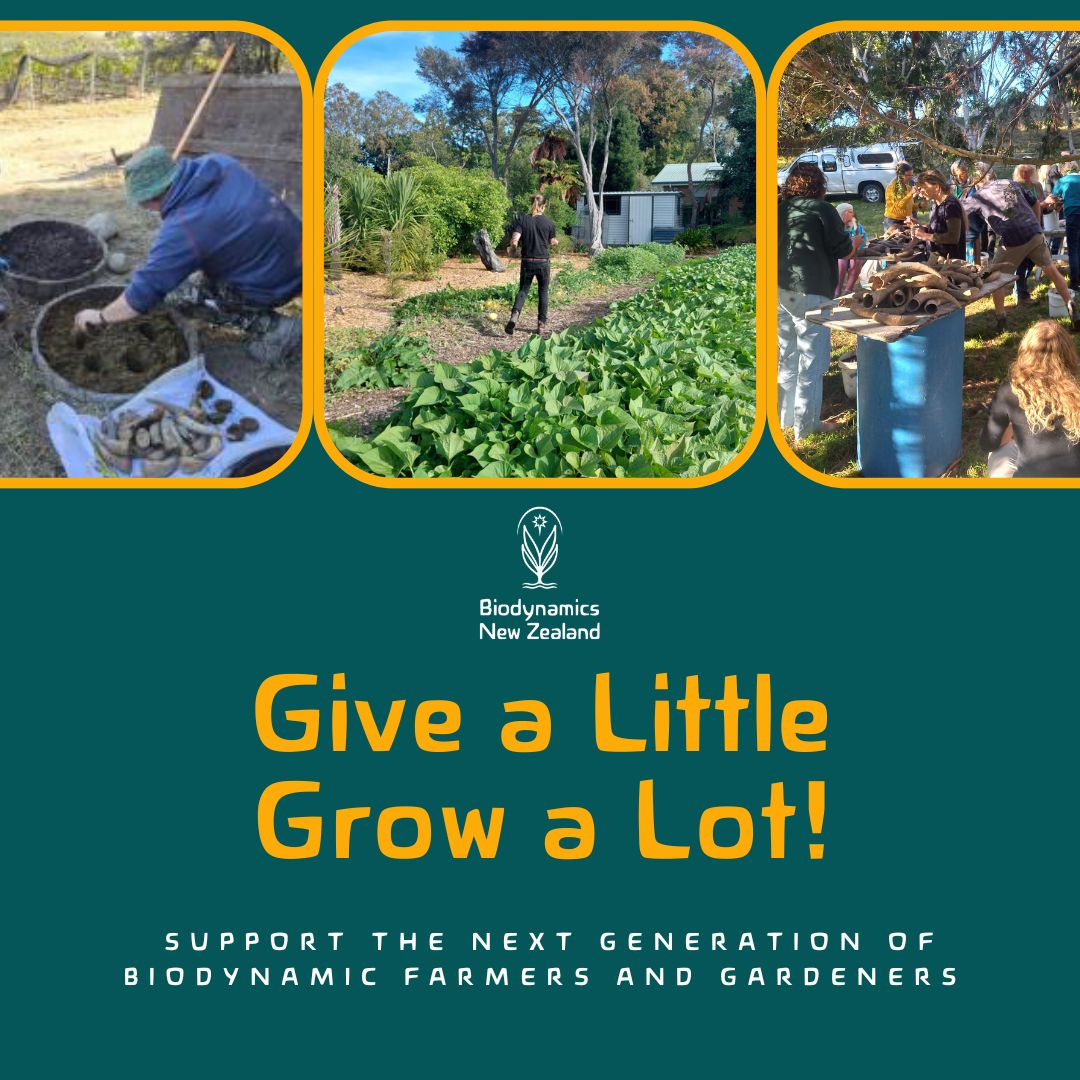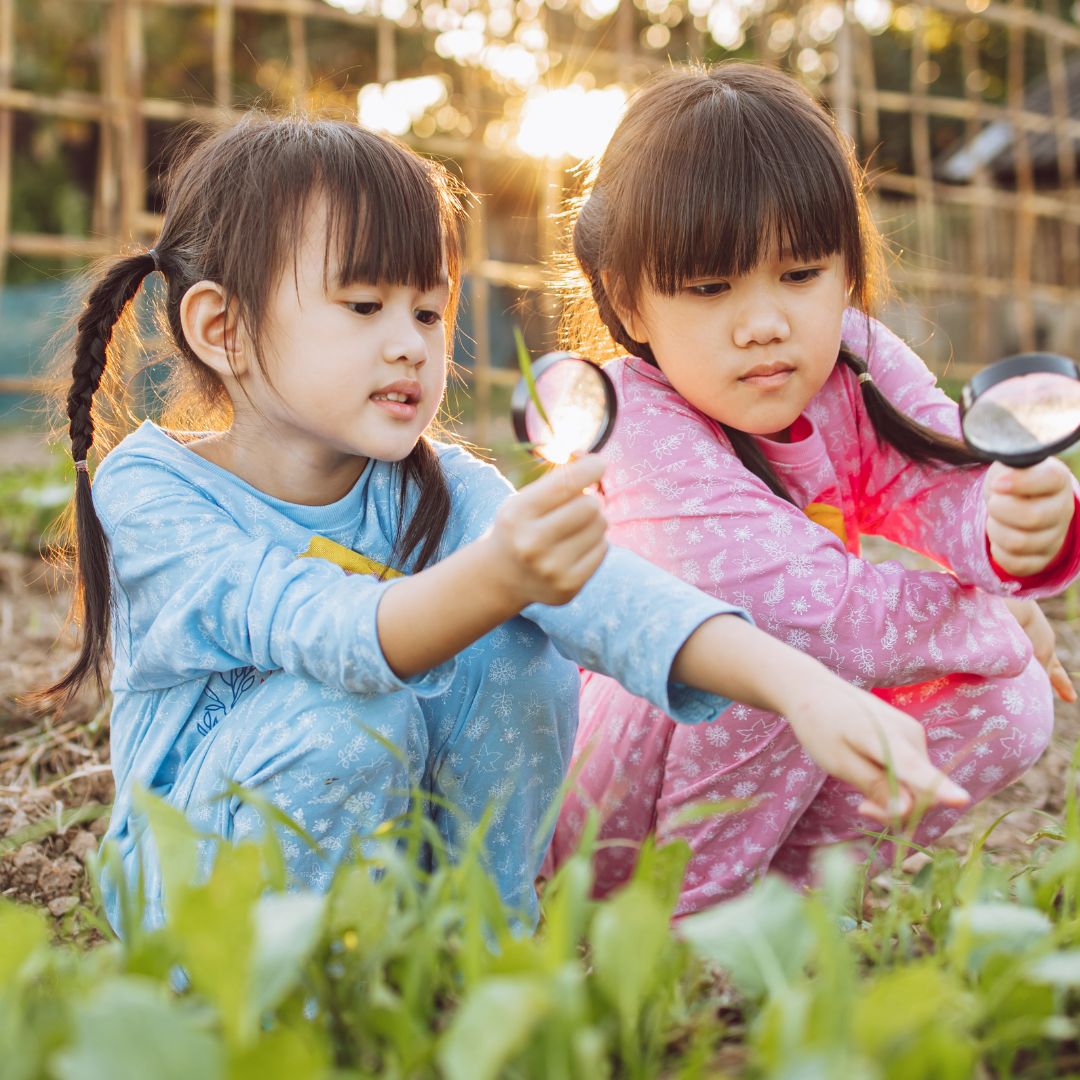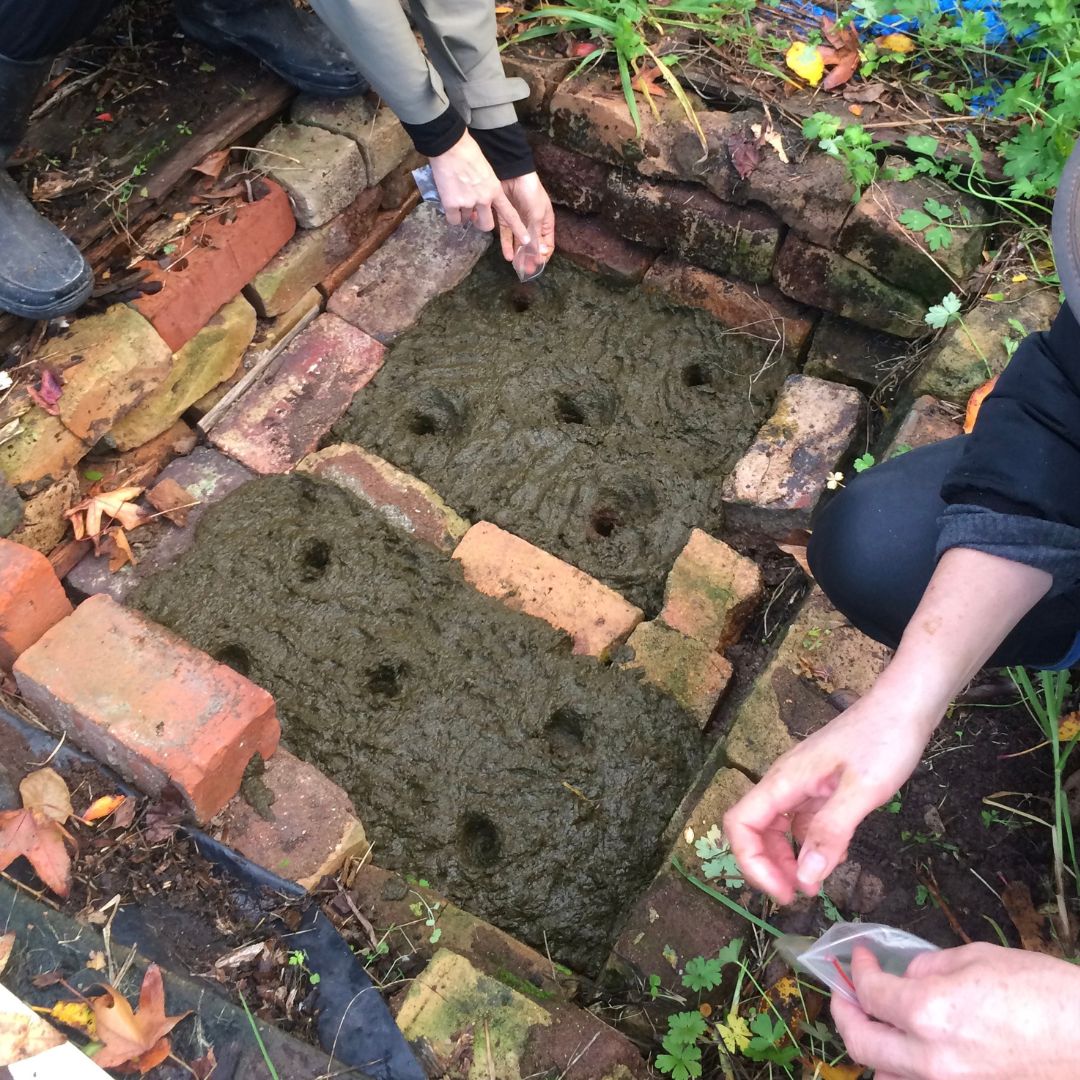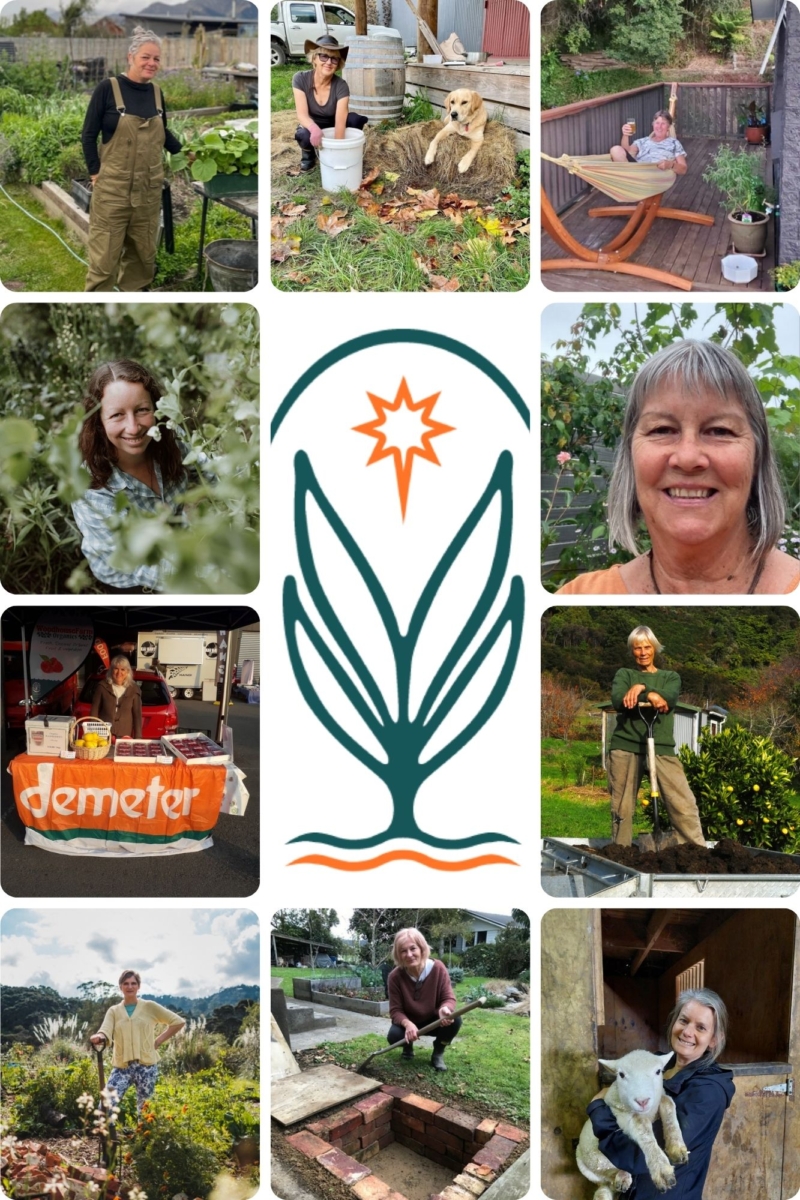Caring for the Land, Together – A Gentle Overview of Sustainable and Regenerative Farming Approaches in Aotearoa New Zealand
by Jayne Craig
Across Aotearoa New Zealand (and indeed, around the world), more and more people are asking the same questions:
- How do we care for the land that feeds us?
- How do we grow food that nourishes both people and place?
- And how do we farm in ways that heal, rather than harm?
There is no single answer and here in New Zealand we are blessed to have access to a rich tapestry of approaches; each one similar but also shaped by different cultures, histories and ways of seeing the world.
Biodynamics, Organics, Regenerative Farming, Permaculture, Syntropic Agriculture and our very own indigenous organic certification system, Hua Parakore are all part of this story.
While they all have their unique language and practice, they ultimately share a deep respect for whenua, soil life, biodiversity and future generations.
Rather than being seen as competing systems, these approaches can be seen as complementary pathways, different lenses through which we learn how to live well with the land.
This article aims to look at each of these different approaches, so we can see the similarities and differences within each system and how we can weave them together within our own practices in the home garden or farm.
Biodynamics: Farming as a Living Whole
Biodynamic farming began in Europe in the 1920s through the work of Rudolf Steiner. At its heart is the idea that a farm is a living organism; an interconnected whole where soil, plants, animals, people and cosmic rhythms work together.
Biodynamic farmers use unique preparations made from herbs, minerals and manure to enliven the soil and are guided by lunar and seasonal calendars. Animals play a vital role in fertility and farms aim to be as self-sustaining as possible. GMOs, chemical sprays and synthetic fertilisers are not used within biodynamics. Certification for those who wish to pursue it, is overseen internationally by Demeter.
This approach speaks strongly to those who feel that farming/gardening, is not only a physical act, but also a spiritual relationship with life itself.
Organics: Clean Food, Healthy Soil
Organic agriculture grew out of concern over chemical-intensive farming in the mid-20th century. Its focus is clear and practical: grow food without synthetic fertilisers, pesticides, herbicides, GMOs, or other artificial inputs.
Like Biodynamics, Organic farmers build soil health through composting, crop rotation, green manures and biological pest control. The emphasis is on transparency and trust, supported by certification systems such as BioGro in New Zealand.
Organics is well known by the general consumer and provides a strong ethical baseline, protecting both consumers and ecosystems by keeping farming/gardening, clean and biologically grounded.
Regenerative Farming: Restoring What Has Been Lost
Regenerative farming moves beyond “doing less harm” and instead asks how agriculture can actively repair damaged ecosystems. Popularised by farmers like Joel Salatin at Polyface farm and soil scientists like Robert Rodale, this approach focuses on outcomes rather than strict rules.
Key practices include: minimal tillage, cover crops, diverse pasture species, holistic grazing and agroforestry. Soil is viewed as a living carbon sink and habitat and success is measured through improvements in soil health, water quality, biodiversity and resilience over time.
Regenerative farming is especially appealing to farmers who want flexibility, innovation and measurable ecological improvement.
Permaculture: Designing for Life
Permaculture was developed in the 1970s by Australians Bill Mollison and David Holmgren and it is just as much a design philosophy, as it is a farming system. It asks us to observe how natural ecosystems work and then design our food systems, homes and communities accordingly.
Permaculture emphasises system and function stacking, using tools like zones, sectors and pattern thinking to integrate food forests, polycultures, water harvesting, animals and people into resilient, low-input systems. While there is no regulatory certification, many practitioners complete a Permaculture Design Certificate (PDC).
Permacultures strength and appeal lie in its ability to bring everything together; land, people, ethics and long-term thinking.
Syntropic Agriculture: Partnering with Nature’s Succession
Syntropic agriculture was developed in Brazil by Ernst Götsch and is based on one powerful insight: nature moves towards greater complexity and abundance through succession.
Rather than fighting this process, syntropic farmers work with it. They plant dense, multi-layered systems of trees, shrubs and crops, continually pruning and cycling biomass back into the soil. These systems are self-fertilising, highly productive and importantly, rich in life, without the need for external inputs.
Syntropic agriculture is less about rules and more about understanding energy flow, cooperation, and regeneration through time. Here in New Zealand, we are lucky to have the team at PermaDynamics and their property is a fantastic example of how syntropic agriculture can work.
Hua Parakore: Indigenous Integrity and Guardianship
Hua Parakore is a Māori-led, Indigenous verification system unique to Aotearoa New Zealand. Rooted in mātauranga Māori, it places whakapapa (genealogy), wairua (spirit) and tikanga (values) at the centre of food production.
The land/whenua is not seen as a resource, but a living ancestor. Synthetic inputs are avoided, and food is grown in ways that uphold cultural, spiritual and ecological integrity. Verification is guided by Te Waka Kai Ora, the Māori organics authority.
Hua Parakore is deeply values-based, reflecting intergenerational responsibility, kaitiakitanga (guardianship) and respect for all life.
What These Approaches Share
Despite their differences, these systems have much in common:
- Soil health is central to all; alive with microbes, fungi and organic matter.
- Biodiversity is celebrated through polycultures, native species and habitat creation.
- Closed-loop systems reduce waste by cycling nutrients back into the land.
- Avoidance of synthetic chemicals protects ecosystems and human health.
- Resilience and regeneration replace extractive, short-term thinking.
- Community and knowledge sharing strengthen collective wellbeing.
All of these systems acknowledge that farming carries ethical responsibilities, in addition, both biodynamics and Hua Parakore share the belief that farming also carries with it a spiritual connection.
Different Emphases, Different Strengths
Where they differ is in how they frame their work. Some are more scientific and outcome-driven, while others are more spiritual or culturally grounded. Some focus on certification and inputs, whilst others focus on long-term ecosystem health and community togetherness. Timeframes can range from seasonal production cycles to intergenerational guardianship.
Not One Path, but Many Layers
Rather than choosing one system over another, it can be helpful to see them as layers of understanding that work together:
- Spiritual and cultural layers are strengthened by Biodynamics and Hua Parakore.
- Ecological and regenerative layers are supported by Regenerative Farming, Syntropics, Permaculture and Biodynamics.
- Design and systems thinking is offered by Permaculture.
- Ethical clarity and purity are reinforced by Organics and Hua Parakore.
- Community focus is emphasised in Permaculture and Hua Parakore.
Together, they invite us into a richer relationship with land, one that honours science and spirit, tradition and innovation, people and place.
The beauty of all of these systems is that they can be combined to create a way of farming or gardening that is unique to each individual practitioner and the values they hold. We should not see each system as competition, but rather as approaches that all share a simple, powerful intention:
To leave the land healthier than we found it and to grow food that truly sustains life, both now and for generations to come.
